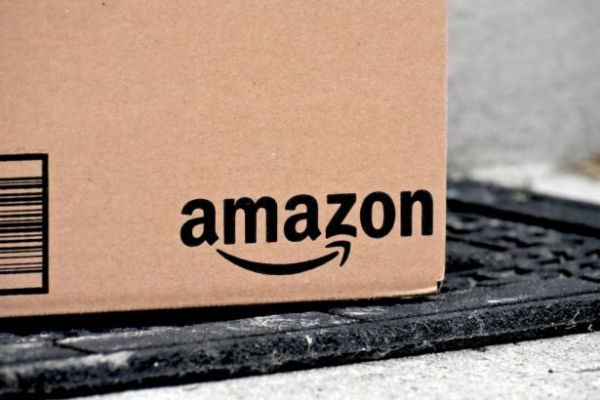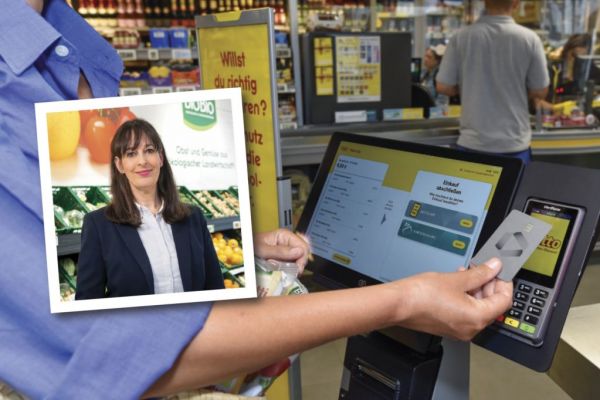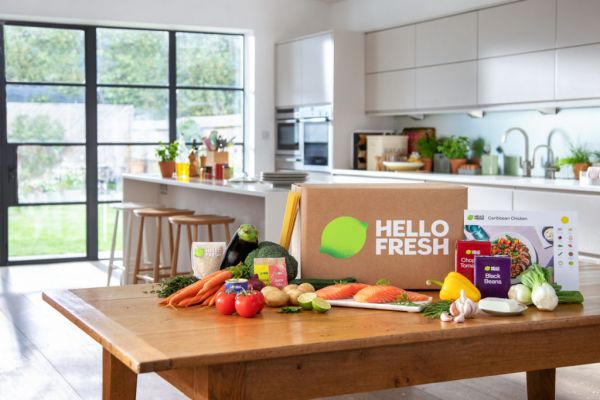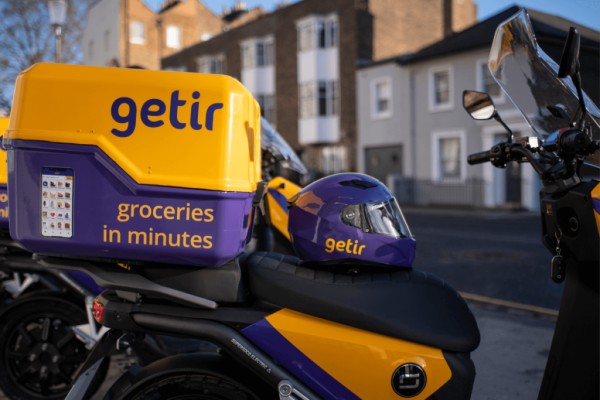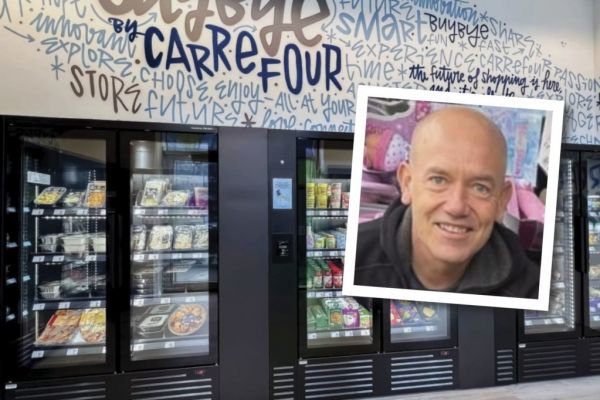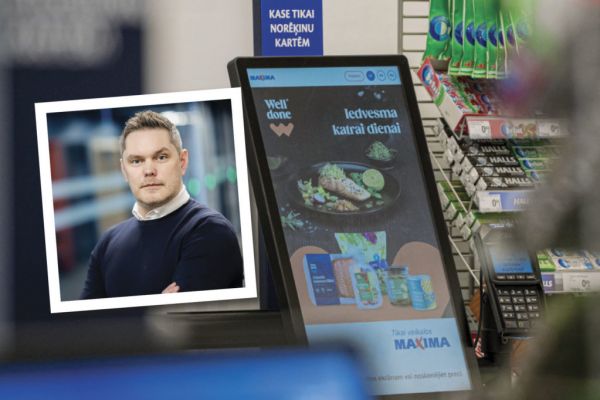Amazon.com Inc.’s deal to buy Whole Foods Markets Inc. was a catastrophe for countless stocks, as concern about market disruption wreaked havoc on retailers and REITs. But for holders of a newly listed technology stock, it’s adding fuel to an already-stellar run.
Impinj Inc., whose so-called radio-frequency identification technology allows users to tag and track data on products, is widely speculated to be part of the Amazon Go automated store experiment. Shares have more than tripled since its initial offering last July, making it the best performer in the Bloomberg IPO Index over the past 12 months.
“Connecting everyday items just has to be the next step for the Internet,” Impinj CEO Chris Diorio said in a phone interview. “At some point in the future you will be able to get information about an item you own or want to buy and you can get it directly.”
Complete System
While other companies like Zebra Technologies Inc. make tracking software and NXP Semiconductors NV makes the so-called endpoint chips that go on products, Impinj offers a complete system. Apparel retailers are currently the biggest users of Impinj’s products. Diorio estimates there are about 80 billion connectable items a year sold in that industry, with current penetration by Impinj and others around 5 to 10 percent.
The holy grail of Diorio’s vision is food. “Once we get to connecting food items, the number is truly astronomical,” he said. That may help to explain why Impinj’s stock soared 19% on June 16, the day Amazon announced an agreement to buy Whole Foods for $13.7 billion.
Analysts say that Amazon already uses Impinj’s technology in its brick-and-mortar book stores. Diorio and an Amazon representative declined to comment on the companies’ relationship.
“All signs point to Amazon Go utilizing RFID in some capacity,” said Brad Erickson, a KeyBanc Capital Markets Inc. analyst who covers Impinj. “Under that type of scenario, I would think that Impinj would be involved.”
RAIN Alliance
Amazon is part of the RAIN Alliance, a group co-founded by Impinj which promotes the universal adoption of ultra-high frequency RFID. The two companies are co-hosting the group’s next meeting in Seattle beginning Tuesday where investors will be looking for hints. Diorio said his public session will focus on the benefits of connecting everyday items to the Internet and the architectural principles that the Internet-of-Things may use to support trillions of connected items.
Mitch Steves, an analyst at RBC Capital Markets Corp. in San Francisco, doesn’t expect to get any clarity on the relationship between the two companies at the event. Instead, he’ll be looking for clues from the health-care panel on Wednesday.
“It’s a difficult industry to penetrate but the health-care opportunity is a big one,” said Steves, who has an outperform rating on Impinj. “Tagging syringes or medical devices in a hospital, you could potentially save lives by making sure you have everything you need.”
Impinj’s $1 billion market value suggests that a lot of optimistic assumptions are already priced into the stock. The Seattle-based company had $112 million in revenue in fiscal 2016 and a GAAP net loss of $1.7 million. The stock is up 276 percent since its July 20 initial offering.
The company’s rapid appreciation prompted KeyBanc’s Erickson and Morgan Stanley’s Craig Hettenbach to downgrade their ratings to the equivalent of hold last month.
“It’s very plausible to see a world in just a few short years where you’ve got several tens of billions of items getting tagged,” and Impinj is a “dominant player,” Erickson said. “But it’s going to obviously take some time to where the volumes can build out to fit where the stock already trades.”
That gap is probably on the minds of short sellers. Short interest as a percentage of the free float, or shares available to trade, is about 22 percent, down from a high of 28 percent in April, according to data from IHS Markit.
For RBC’s Steves, typical valuation metrics don’t apply to Impinj, which is still defining its market opportunity. “The real value is in gaining verticals,” he said. “They’re in a room with fifty doors and each door they can open, the better they’ll do.”
News by Bloomberg, edited by ESM. Click subscribe to sign up to ESM: The European Supermarket Magazine.
